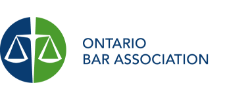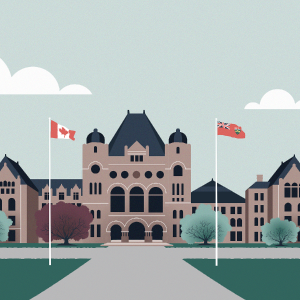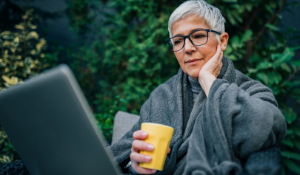On April 30, 2025, the Women Lawyers Forum of the Ontario Bar Association marked the 10th anniversary of its award-winning Pathways to Power program with a powerful celebration. Women lawyers from various backgrounds came together, both in-person and online, to reflect on how far we’ve come, share strategies, and forge new bonds in the face of persistent gender-based discrimination and harassment in the legal profession.
The Pathways to Power series emerged from frank and difficult conversations within the Women Lawyers Forum (WLF) Executive about the disappointing and often offensive rationalizations for why gender parity in leadership roles remains elusive. The inaugural event in 2015 focused on women in politics, followed by a session on women in the boardroom. Since then, the program has become an annual tradition through which we’ve been able to highlight the experiences of women in diverse spheres of professional life, including on the bench, in tech, as associates, in-house counsel, law firm founders, and more.
Ten years on, this milestone edition of Pathways to Power took on the timely and sobering theme: Women Rising Above Gender-Based Discrimination.










